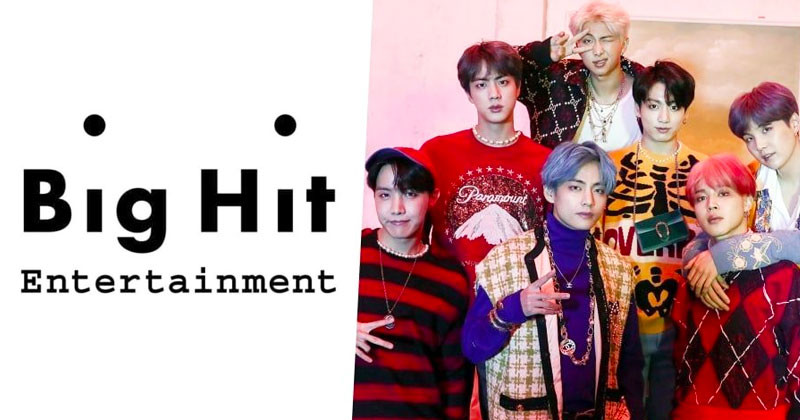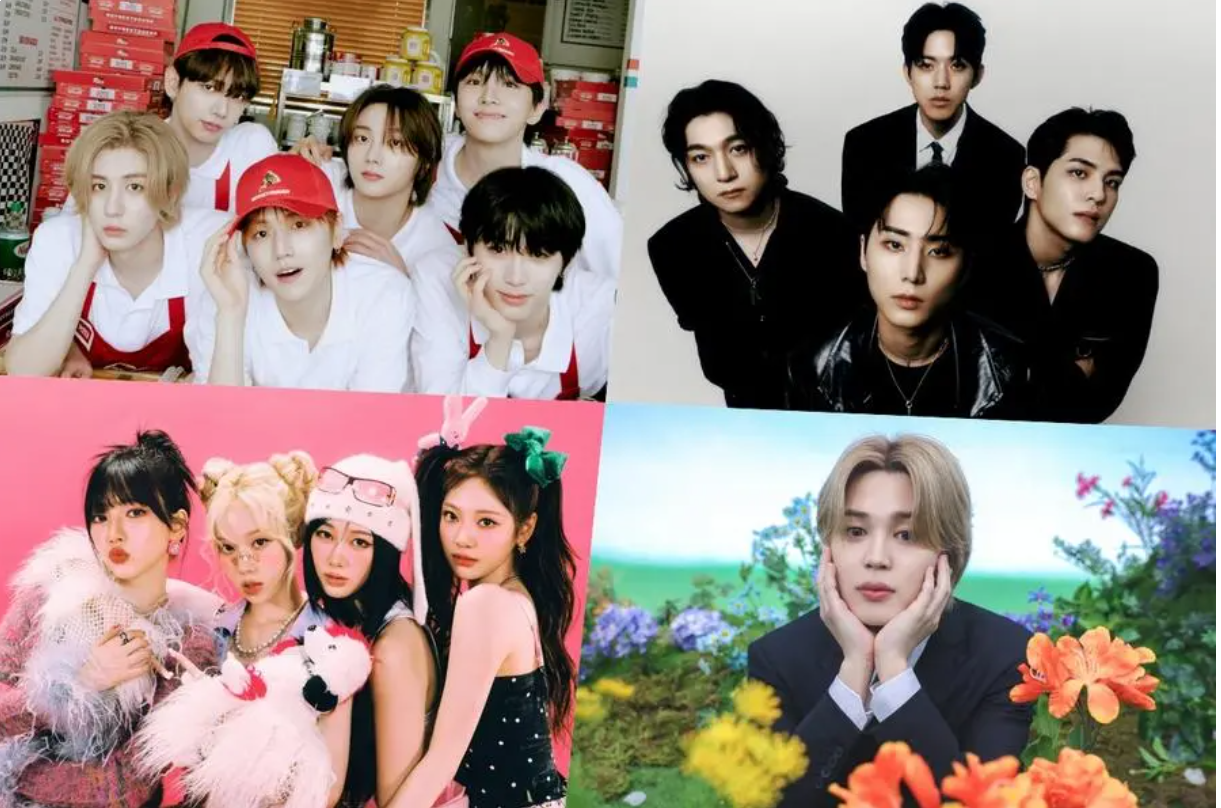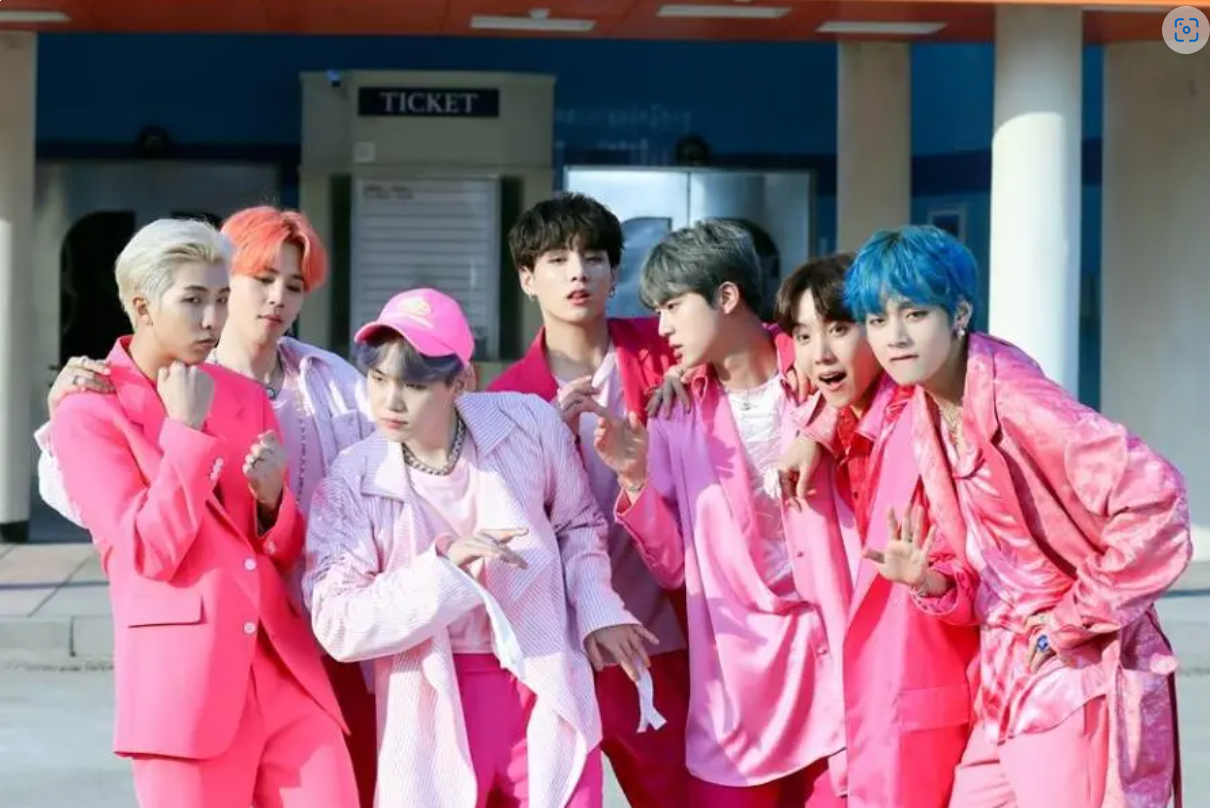2020 may be struggling but not for Big Hit!
- BTS's V To Release Special Christmas Single With Bing Crosby
- BTS's Jin Announces Solo Comeback Date With Teasers For "Happy"
- BIGHIT MUSIC Releases Announcement Regarding BTS's j-hope's Military Discharge
Many music companies have been struggling in 2020, but not Big Hit Entertainment: in the previous quarter, the home to BTS and other popular K-pop acts saw sales jump more than 50 percent and net profits almost double, compared to the previous year.

On Monday, the South Korean entertainment powerhouse shared its preliminary results for the third quarter of 2020, revealing a steady increase across the board despite the lack of live events. The company credited this growth to album and official merchandise sales.

The acquisition of Pledis Entertainment, the home of boy bands Seventeen and Nu’est, also added to the financial gains.
The company recorded 484 billion won (US$436.5 million) in sales, 89.9 billion won in operating profit and 60.4 billion won of net profit throughout the quarter.
Compared to last year, the figures represent increases of 54 percent, 73 percent and 92 percent respectively. And compared to the second quarter of 2020, the figures represent increases of 22 percent, 38 percent and 51 percent respectively.

This is the first quarterly report released by Big Hit Entertainment since the South Korean company went public in October. The IPO proved to be volatile, with the share price experiencing significant dips shortly after going public.
Currently, on the upswing ahead of BTS's new album, BE, set to drop on Friday, share prices surged after the publication of the report.
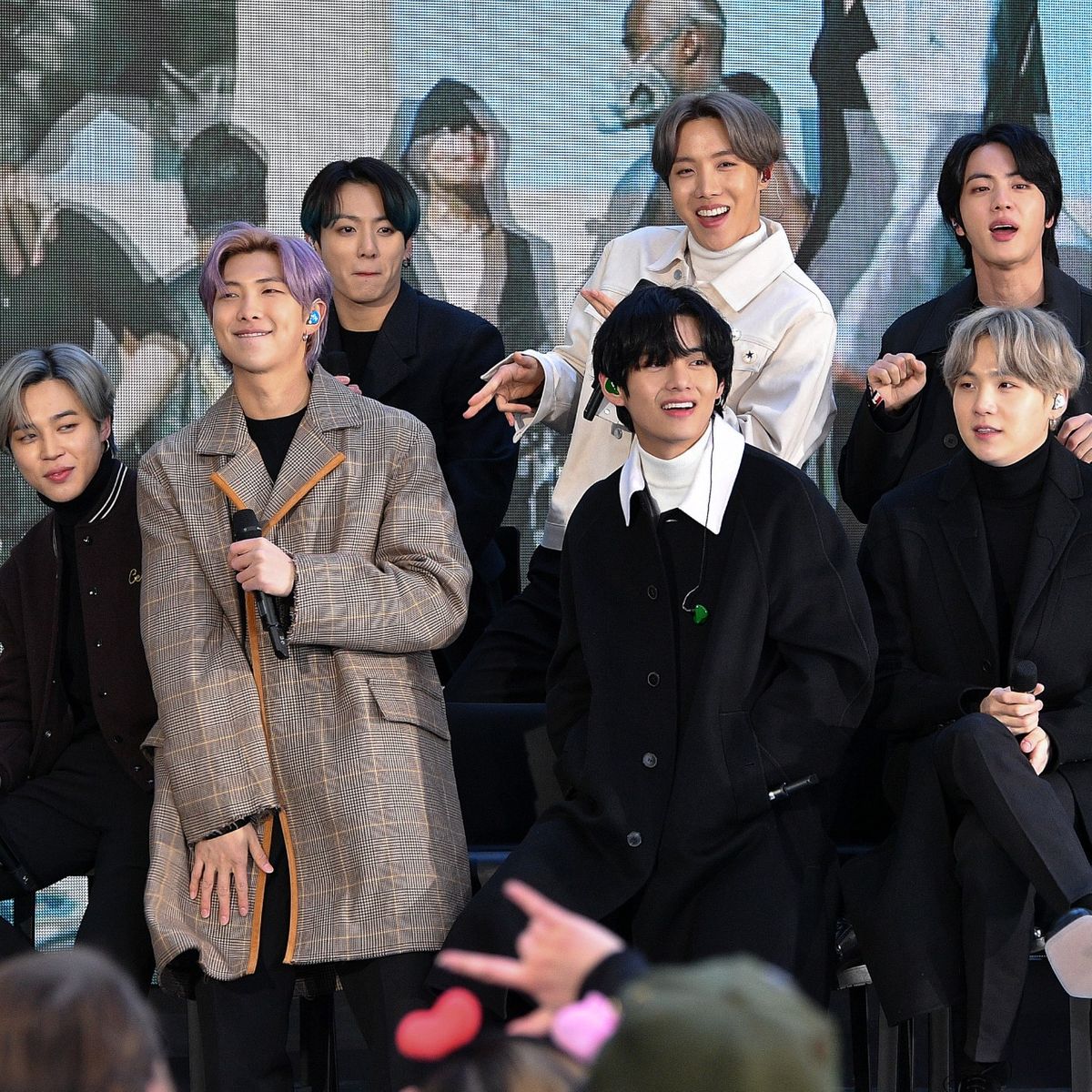
Although the global music industry has been experiencing hardship due to the global coronavirus pandemic, the K-pop industry has been quick to adapt to the situation.
Big Hit and its subsidiaries, Pledis and Source Music, have all enjoyed good sales figures this year, and also staged online concert events, maintaining momentum and keeping fans engaged and spending money.
-------------------------------
How BTS, BLACKPINK and K-POP Have Boosted The Korean Language’s Popularity Worldwide?
Romanised Korean can be found everywhere on the internet these days, sprinkled throughout comments posted by international K-pop fans, inspired by the Korean lyrics from their favorite songs.
Considering the Korean language is not widely used outside Korea, these posts by foreigners are interesting to Koreans, as they highlight the country’s soft power that has spread via K-pop and the nation’s juggernaut entertainment industry.
Along with the common oppa (an innocent and intimate girlish way to address a boy or man who is older than the speaker, often translated as an older brother), words such as daebak (an exclamation roughly equivalent to awesome) and saranghae (I love you) are commonly used by K-pop fans online.

Some fans show a deeper understanding, with the use of Korean buzzword dolminjeongeum, a combination of idol and Hunminjeongeum, the title of an ancient treatise on the Korean language.
The term is a kind of meme linked to the idea of the K-pop-driven Korean language craze abroad.
As the popularity of the Korean language follows the rise to fame of K-pop stars such as BTS and BLACKPINK, TV production companies and private institutions are rushing to create K-pop-based educational content for those interested in learning Korean.
In August, Big Hit Edu, the education content subsidiary of Big Hit Entertainment, the management company of BTS, released Learn! Korean with BTS with video content featuring members of the group, as part of its business diversification strategy.
WeeTV, a cable channel, launched a show called K-Language School in August, aimed at teaching the Korean language to non--Koreans in any of 10 different languages.
The show features celebrity language teachers talking about Korean language and culture in 10 languages: Chinese, French, Japanese, Khmer, Malay, Nepalese, Russian, Spanish, Thai and Urdu. It also educates viewers on Korean culture, including K-pop.
During a press conference held to promote the new show, Kim Hong-chul, vice-president of WeeTV parent company TRA Media, noted a connection between the popularity of K-pop and an ever-increasing interest in the Korean language.
Seven episodes of tvN’s K-pop Cultural Centre, a show that teaches Korean expressions used in K-pop songs, were also released in February and March.
The number of organizations which run programs on Korean studies throughout the world has also increased during the past 10 years, to 1,348 in 2017 from 632 in 2007, according to the Korea Foundation.
The phenomenon is largely due to the popularity of K-pop groups, represented by BTS, and Korean cultural content throughout the world, experts say, but it is also a reflection of the current position of Korean culture in the global market.
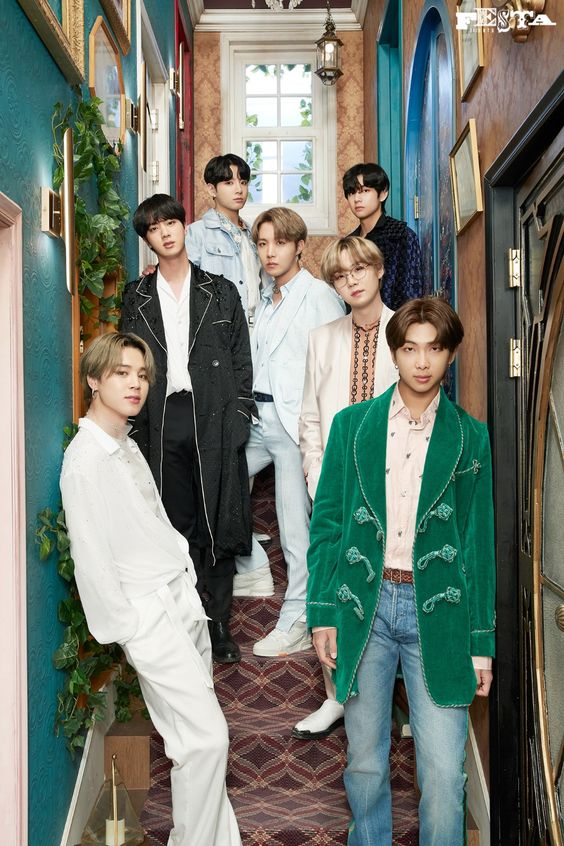
“K-pop has definitely contributed to the phenomenon of Korean language use, but it is rather a show of the power of Korean culture itself in the global market,” pop culture critic Kim Sung-woo said.
“Now Korean cultural content cannot be excluded from the global content business and more people are trying to learn Korean as well.
“The way a language is used in the world has been something of a barometer of a country’s global status. If the language is being used, as it is, it could mean that it has more influence in the world. Korea has a huge influence, not only in the cultural scene but also in other areas such as economics and military power.
Previously, The Korean language learning program with BTS have started airing!!
BigHit broadcasted the program "LEARN! Korean with BTS ”to help spread the Hangul language worldwide. In each video, BTS brang basic knowledge about grammar and expressions of Hangul language. Each episode aired 3 minutes for a total of 30 episodes. The first 3 episodes of the show will begin airing tomorrow (March 24) at 2 pm KST. Subsequent episodes aired at 9 pm KST every Monday on Weverse!


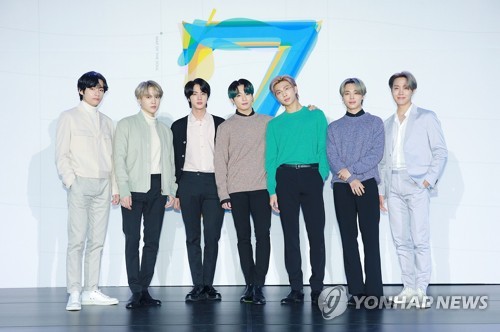
BigHit said, "With the recent popularity of Kpop and Korean culture, the demand for learning Korean has also increased a lot. Therefore, we decided to plan to spread Korean culture to help everyone can access to K-pop contents. We hope that fans around the globe will gain a deeper understanding through learning Korean. "
“LEARN! Korean with BTS ”is the first Korean education program of BigHit. The program was developed with the help of Professor Huh Yong at Hankuk University of Foreign Languages, Korean Language Education & Research at the Korea Content Research Institute to develop the curriculum easy but effective. BigHit plans to release more diversified educational content in the future so that global fans can easily learn and enjoy Korean. The content of the show will include the expressions commonly used by BTS’s members in “Run! BTS”, “BANGTAN BOMB”,” BTS Episodes”, ... so that people can learn Korean naturally.
